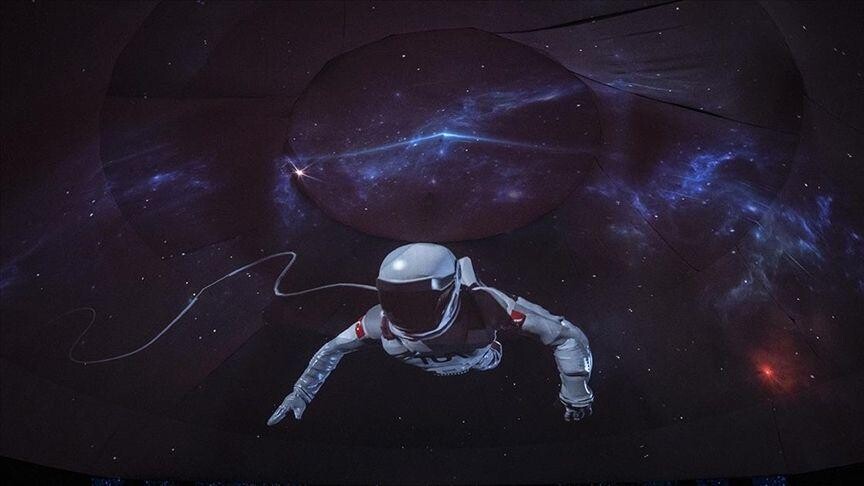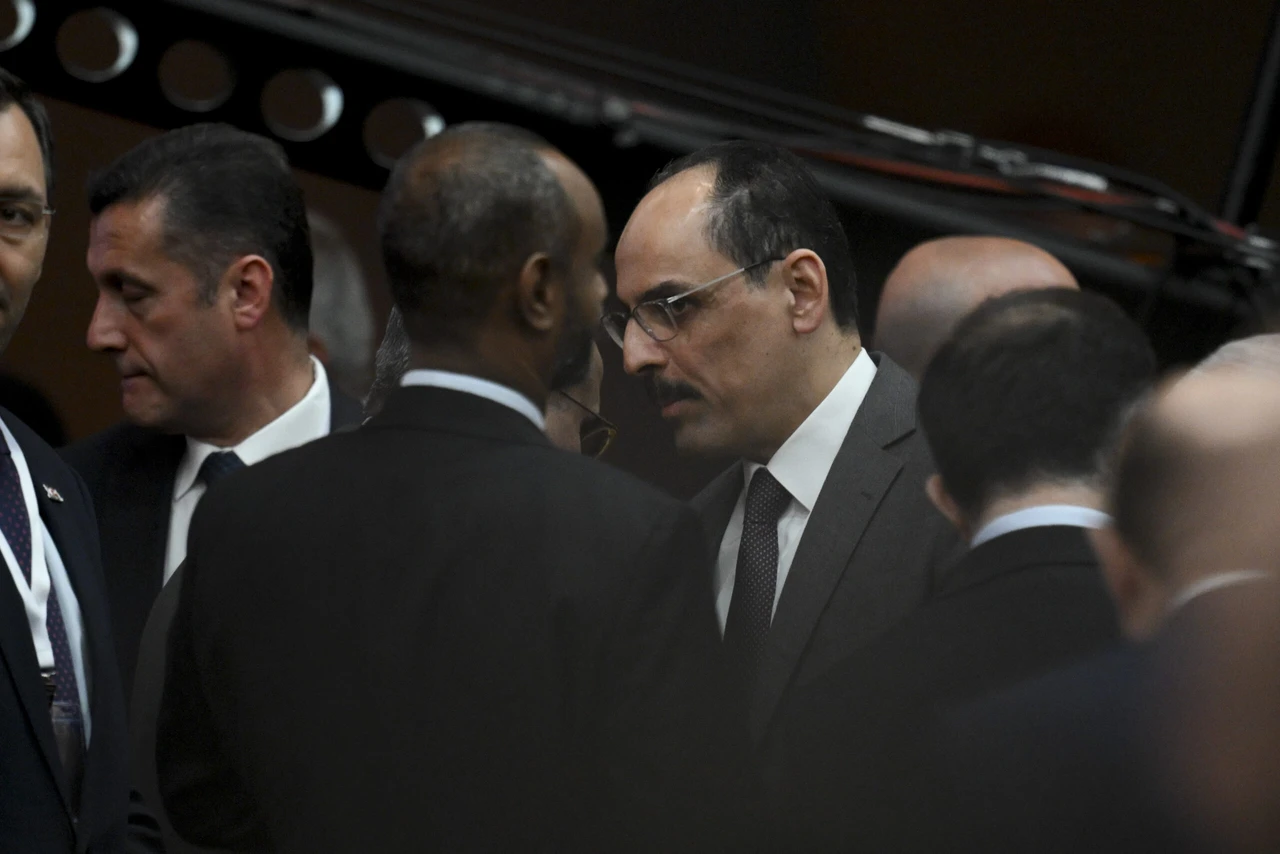Türkiye aims for lunar exploration by 2026

Türkiye’s national research agency, TUBITAK, is paving the way to space, according to the director of the TUBITAK Space Technologies Research Institute (TUBITAK Uzay), Mehmet Nefes.
Preparing for lunar ambitions
TUBITAK Uzay serves as a development center for Türkiye’s space ecosystem, working toward advancing space efforts, Nefes said.
“We will see that the technologies we have worked on will carry us to the moon one day,” he noted.
Nefes said they are continuing research and development in accordance with the National Space Program, following the successful mission that sent Türkiye’s first space traveler, Alper Gezeravci, to the International Space Station (ISS).
Upcoming suborbital flight
He also mentioned that TUBITAK Uzay will coordinate the suborbital research flight of the country’s second space traveler, Tuva Cihangir Atasever, on June 8.
“TUBITAK Uzay is sort of an incubation center for Türkiye’s space ecosystem to develop,” Nefes said, highlighting their work in the field of satellites. They began with Bilsat and continued with Rasat, Gokturk-2 and Imece, each project contributing to their technological capacity.
“The Imece satellite is currently operating successfully. We are monitoring the process of acceptance tests in orbit from our ground station, and we will soon deliver it to the Turkish Air Force,” he said.
He noted that TUBITAK Uzay’s main goal is to meet Türkiye’s space technology needs while protecting and developing the related know-how and human resources.
‘We aim to make first contact on moon by 2026’
“We support projects of local firms, working closely with them by providing training and consultancy, and making our infrastructure available to them. TUBITAK Uzay is an incubation center for Türkiye’s space ecosystem to develop,” he said.
Nefes stated that they aim to make first contact on the moon by 2026 with a project to produce a capable spacecraft with their own teams.
He emphasized the need for sustainability in space efforts, noting that one-off successes and projects are no longer viable and there must be planned projects in line with a road map.
Inspiring the next generation
Nefes also noted the positive surge of interest in space, with an increase in young people interested in space projects.
“We encourage young engineers in our projects and support satellite projects from the private sector and universities through consultancy, training, and testing in our facilities,” he said.



